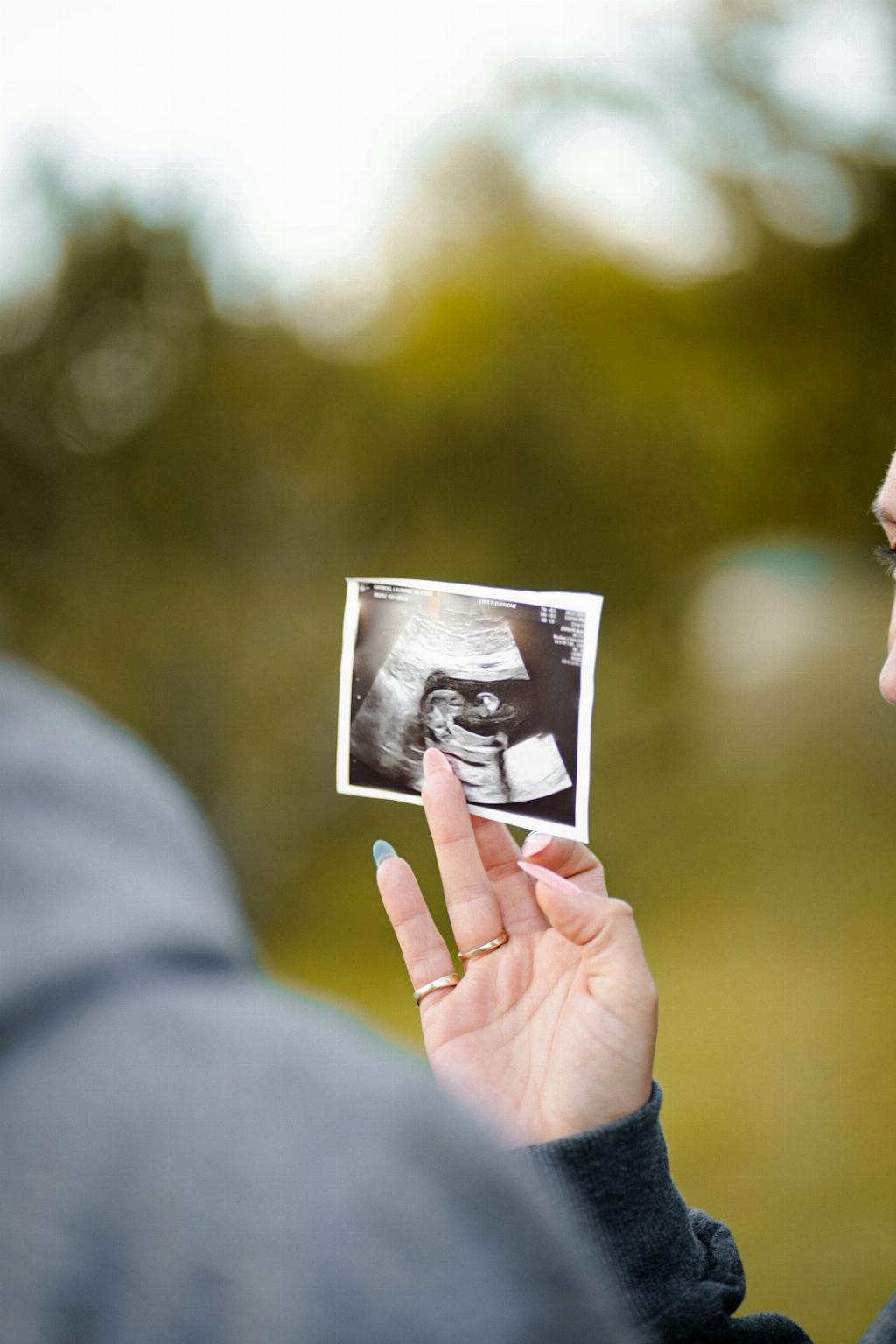Implantation is a crucial stage in early pregnancy, as it marks the attachment of the fertilized egg to the uterine lining. Many women are curious about when exactly implantation occurs and what week of pregnancy it typically happens. Let’s delve into the details to shed some light on this fascinating process.
Timing of Implantation
Implantation typically takes place around six to twelve days after ovulation, with the most common window being days 8 to 10 post-ovulation. This means that implantation usually occurs during the third or fourth week of pregnancy, counting from the first day of the last menstrual period.
Factors Affecting Implantation
While the average timing of implantation is consistent for many women, various factors can influence when it occurs. The overall health of the woman, hormonal balance, and the embryo’s quality all play a role in determining the exact timing of implantation.
Signs of Implantation
Some women may experience light spotting or cramping during implantation, known as implantation bleeding. These symptoms can occur around the time of implantation and are often mistaken for the start of a menstrual period.
Confirmation of Pregnancy
After implantation occurs, the body begins to produce the hormone human chorionic gonadotropin (hCG), which is the chemical detected by pregnancy tests. Therefore, a positive pregnancy test typically confirms that implantation has taken place.
Implantation and Due Date Calculation
Understanding when implantation happens is essential for accurately calculating the due date of the pregnancy. Since implantation occurs in the early stages of pregnancy, it forms the basis for determining the duration of the pregnancy.
Effects of Implantation
Successful implantation is vital for the pregnancy to progress normally. The attachment of the embryo to the uterine lining sets the stage for further growth and development, leading to the formation of the placenta and the support system for the growing fetus.
Abnormal Implantation
In some cases, implantation may occur outside the uterus, known as an ectopic pregnancy. This condition can be dangerous and requires immediate medical attention to prevent complications.
Fertility and Implantation
For couples trying to conceive, understanding the process of implantation is crucial. Factors affecting implantation, such as uterine health and embryo quality, impact fertility outcomes and the likelihood of successful pregnancy.
Consulting a Healthcare Provider
If you have concerns about implantation timing or experience unusual symptoms during early pregnancy, it’s essential to consult with a healthcare provider. They can provide guidance, perform necessary tests, and ensure the health of both the mother and the developing baby.
Conclusion
Implantation is a pivotal moment in the early stages of pregnancy, marking the beginning of a remarkable journey of growth and development. By understanding the timing and significance of implantation, we can appreciate the complexity and beauty of the process of creating new life.

